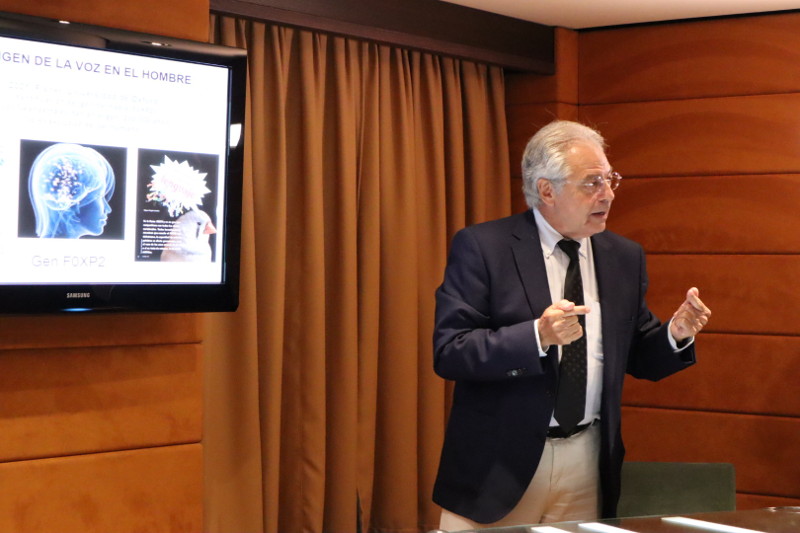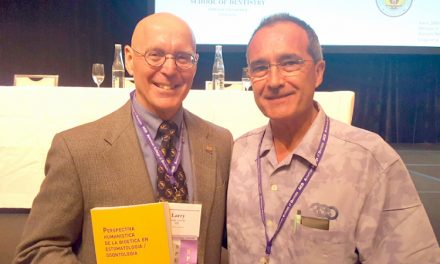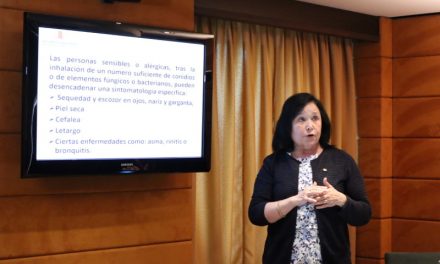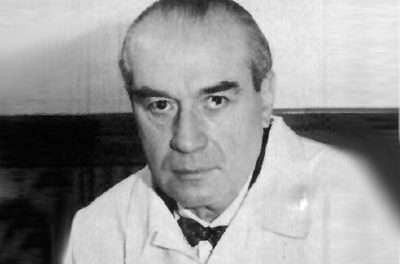Pedro Clarós, full academician and vice-president of the Governing Board of the Royal European Academy of Doctors-Barcelona 1914 (RAED), presented during the 4th International Act-European Congress of Interdisciplinary Research of the RAED, which was held last month July in various capitals of the Mediterranean, the work “El origen de la voz del hombre: ¿Desde cuándo, cómo y por qué el hombre habla?” (The origin of the voice of man: since when, how and why does man speak?), a complete and didactic approach to the conversion of phonation in language.
The academician explains how the main students in human evolution place the origin of language about three million years ago, at which time the ancestors of homo sapiens began to maintain an erect position and specialized in a different type of relationship and diet to that of other species from which, among others, the current chimpanzees, with which man shares more than 98% of genetic load. At this point, Clarós highlights how in 2001 the FOXP2 gene was found, which allowed the development of oral language in man along with its own biological characteristics.
Great connoisseur of all the historiography on the origin of the song as well as the care of the voice throughout history, Clarós reviews in an agile and entertaining way the use of the voice as an instrument, individual or choral, throughout civilizations, cultures and peoples. He also explains the evolution of medicine and anatomy in relation to voice and singing, to conclude how in all corners of the world and throughout the centuries the musical use of the voice has been fundamental.
Clarós has a long career and scientific career that have led him to be one of the leading otolaryngologists in Spain and Europe, required by large institutions such as the Liceo of Barcelona. The academician founded and runs the Clarós Clinic in Barcelona, where he leads pioneering treatments, and devotes part of his efforts and knowledge to the Clarós Foundation, an institution that promotes numerous solidarity projects in developing countries.





